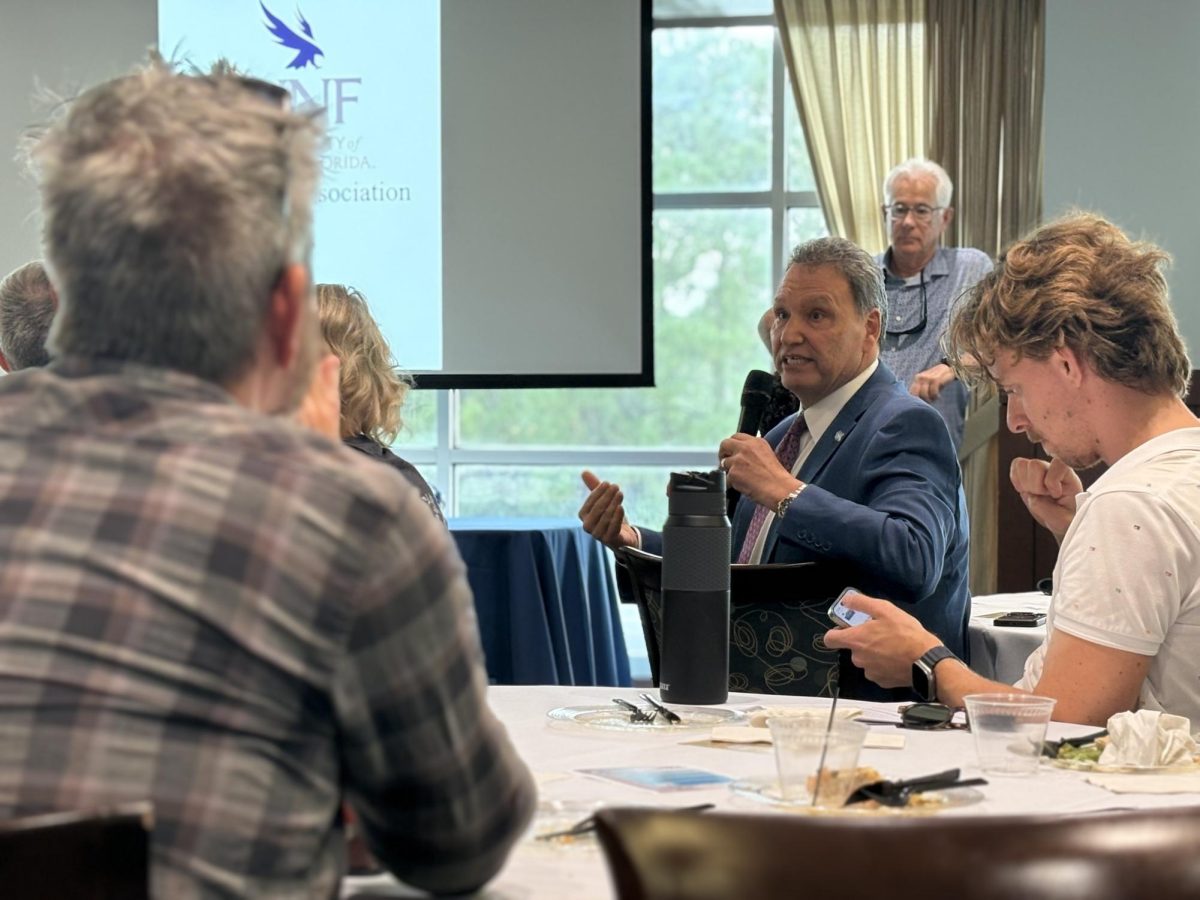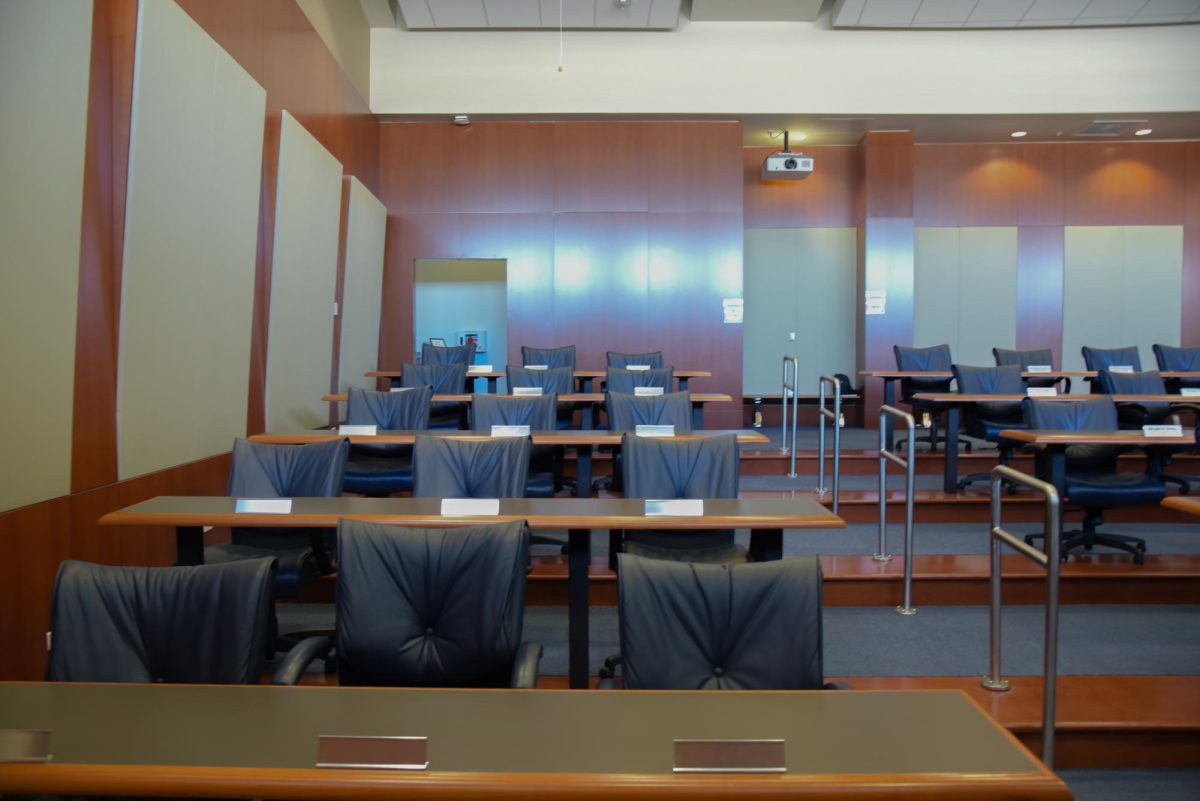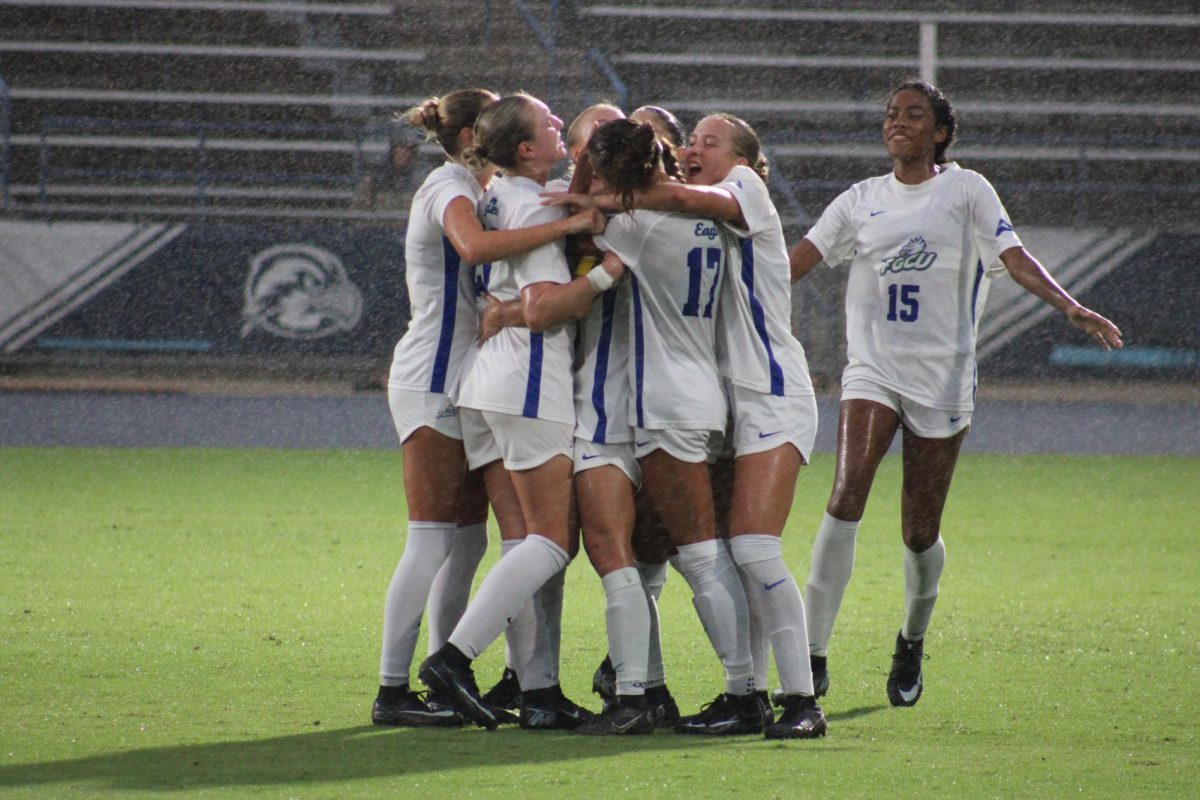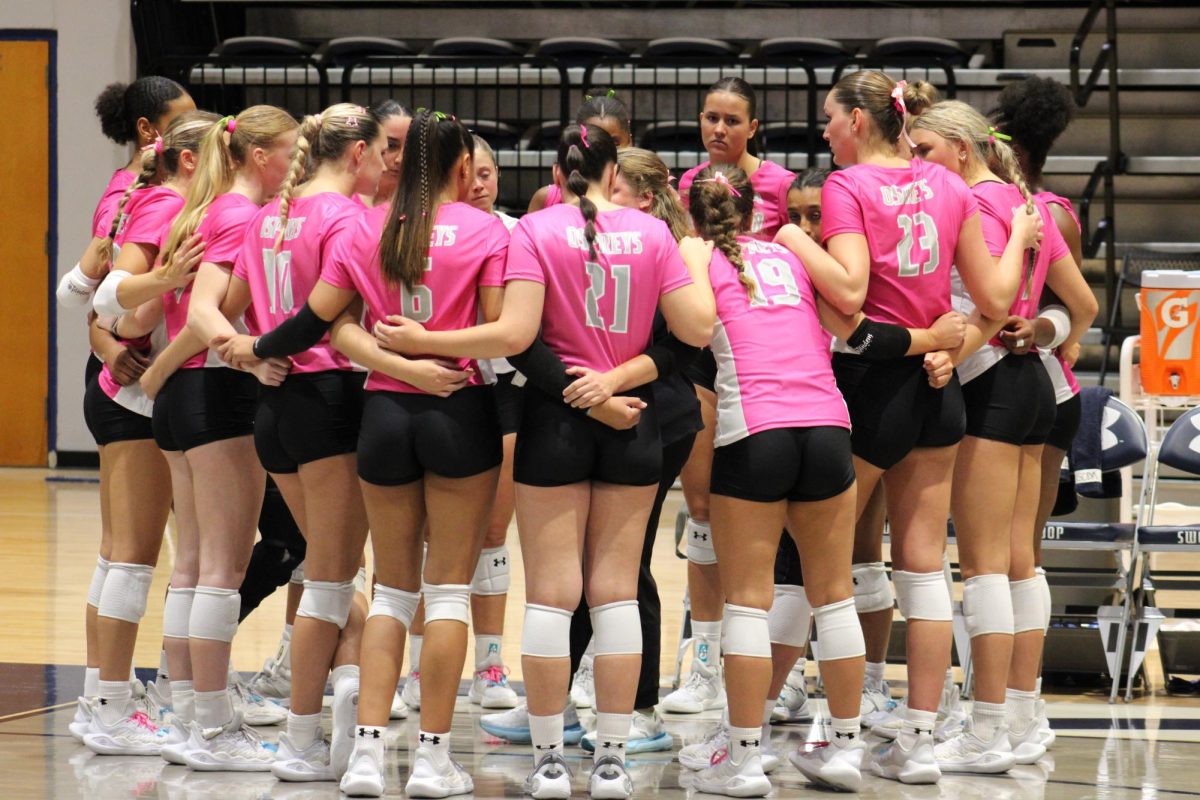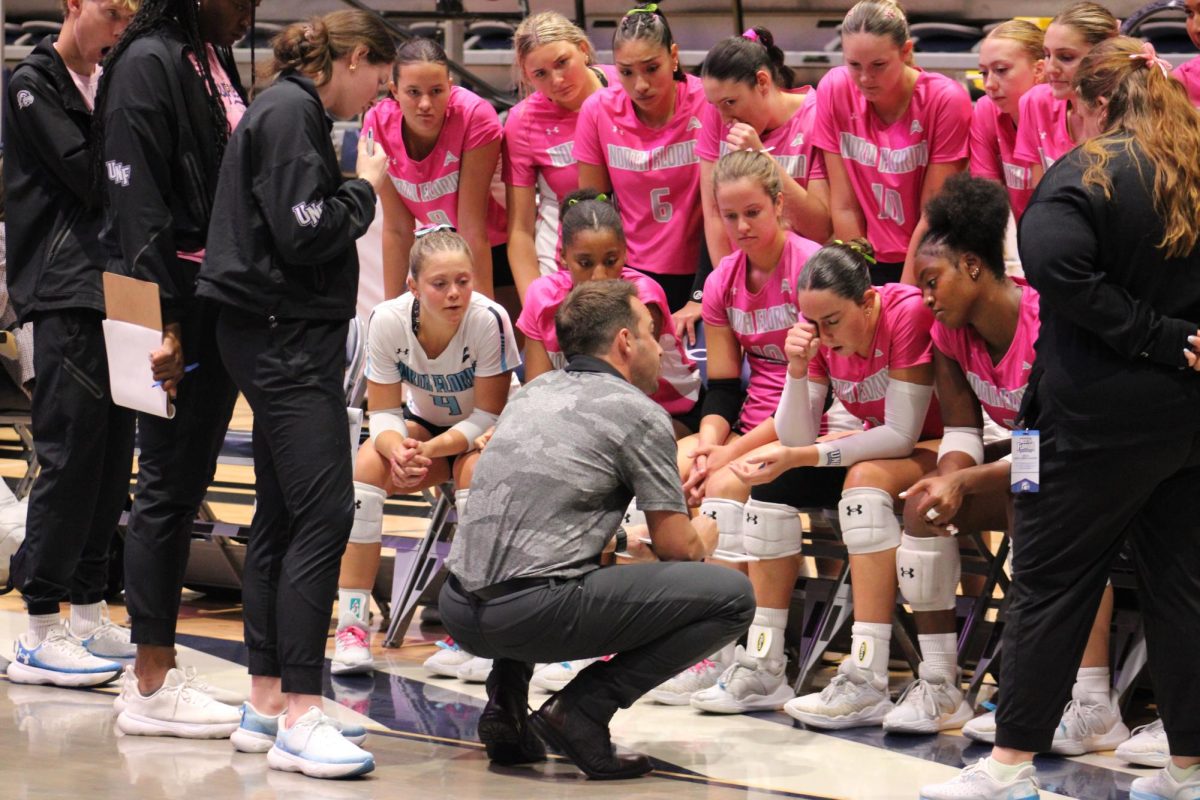By Katie Gile
The possibility of a medical school in downtown Jacksonville has become an issue of intense debate recently.
A June report by the Jacksonville Community Council Inc. titled, “Recession Recovery and Beyond,” found the health and bioscience industry has a great deal of job creation potential in Jacksonville.
The JCCI is a nonprofit organization that analyzes quality-of-life issues for Jacksonville residents and offers solutions to its key stakeholders.
The challenges for the JCCI are taking advantage of this knowledge and harnessing these growth opportunities, said Steve Rankin, program director of implementations and special projects at JCCI.
In this instance, the JCCI suggested the creation of a medical school or “university research facility” to take advantage of its growth opportunity. Because Northeast Florida is a “hub” for medical education — with two universities, 20 hospitals and over 1,000 clinics and medical offices at its disposal — downtown Jacksonville would be an ideal location to build a medical school, according to the report.
The suggestion was met with both excitement and skepticism.
“We have a lot of great assets here,” said Dr. Yank Coble, director of the UNF Center for Global Health and Medical Diplomacy. “Medical education has gone on in Jacksonville since before any other part of the state picked up on it, and those residencies are among the largest in the state now.”
The UNF Center for Global Health and Medical Diplomacy, an organization aiming to improve global medical awareness and healthcare, has a heavy influence in Jacksonville health.
Some, though excited, don’t see a school being built any time soon — state legislation has just allotted for new medical schools at UCF, FIU and FAU within the past five years.
“There’s a lot of concern over duplication of effort, especially in a time where resources are so short,” said Dr. Pam Chally, Dean & Professor of the College of Health at UNF. “I’m not sure it’s in the best interest of the state to start another medical school right now.”
Chally suggested a continuation on the solid health care foundation already in place in Northeast Florida in addition to pursuit of the more “robust” biosciences.
Coble doesn’t see it quite that way.
“There’s not so much a surplus of medical schools as much as a deficit of graduate education opportunities,” he said.
Rankin said while Jacksonville already has a lot to offer in medicine, a medical school could be a great opportunity.
“We have a good foundation, but there’s much more that we could do to bring in high-paying jobs for medical research,” he said.
Chally said while the timing isn’t necessarily right for a medical school to be created, a new one could have considerable merit.
“Medical schools are prestigious. They certainly add to the status of a university, so at some point, it will be a really positive thing,” Chally said. “It would further set UNF apart as a university that’s strongly committed to health care.”
However, all parties seem to agree on the difficulty of creating a medical school in a sluggish economy. The school would require both state funding and private donations.
“Medical school is a major undertaking,” Rankin said. “It costs hundreds of millions of dollars to be able to do something like that once it’s up and running.”
Coble said not only could creating the school be financially prohibitive, getting it on its feet would require an economic constancy not yet achieved in Jacksonville.
“Economics are the biggest barrier. They’re very challenging at this point,” Coble said.
The American Association of Medical Colleges must approve every medical school before it can open, Coble said. To do that, the AAMC must see that the economy will allow for proper training of the students and there must be stability in the clinical opportunities for the clinical portions of courses that require it, he said.
“Medical schools are extremely expensive,” Chally said. “I’ve heard that some universities have found that after a medical school has started, there seem to be fewer resources around.”
Coble said he is also concerned about constancy.
“No one’s really sure what’s going to happen with the health care legislation,” he said. “There’s so much uncertainty. It’s difficult for anyone to make major commitments in the medical area.”
The new medical school is in print and not yet in action. Beyond continuing to research and evaluate its promise, little has been done to pursue it.
“It’s a goal. It’s something we want to keep advocating for and to make sure it’s on the antennae of civic leaders,” Rankin said. “But we realize it’s a long-term project, not something you snap your fingers and it happens.”





